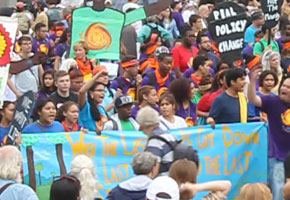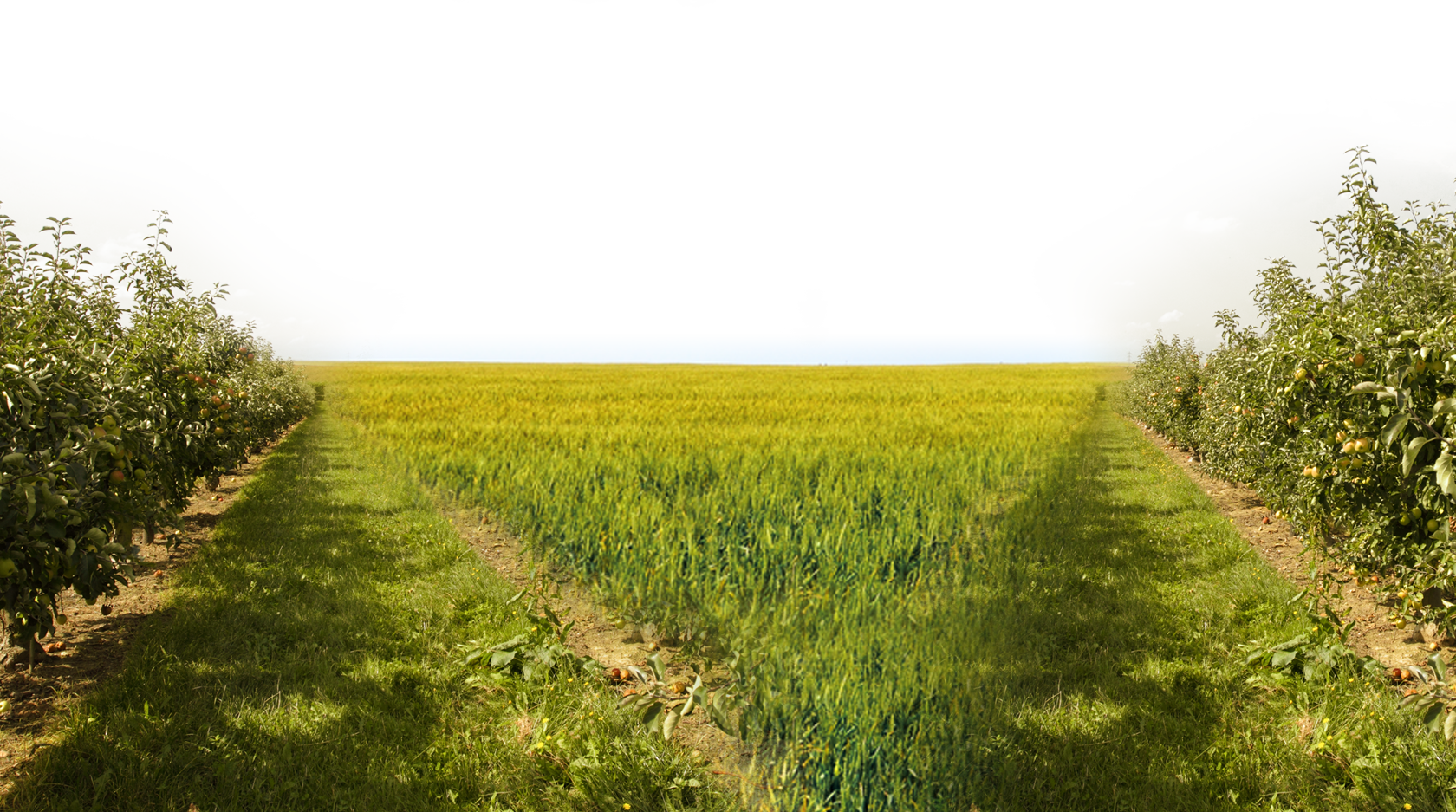
Social Activism Surrounding the UN General Assembly
By Aisleagh Jackson | 0 Comments | Posted 09/23/2014
As world leaders convene in NYC to discuss Global Issues today (first up: Climate Change), let’s take a look at some of the community-driven events that are taking place.
 On Saturday, the People’s Climate March sent a resounding message of international demand for a more sustainable future, with attendance estimated in the hundreds of thousands. Partner events were held in 166 countries, including Canada, Australia, the U.K., India, Tanzania…it’s a very long list. With hundreds of surrounding events running the week of September 22-September 28, many of which are free to attend for those of you in the area, this incredibly organized march has created a platform for solution-based dialogue and education. (I, for one, will be ‘attending’ tomorrow’s inaugural meeting of the Global Alliance for Climate-Smart Agriculture, available free online with registration).
On Saturday, the People’s Climate March sent a resounding message of international demand for a more sustainable future, with attendance estimated in the hundreds of thousands. Partner events were held in 166 countries, including Canada, Australia, the U.K., India, Tanzania…it’s a very long list. With hundreds of surrounding events running the week of September 22-September 28, many of which are free to attend for those of you in the area, this incredibly organized march has created a platform for solution-based dialogue and education. (I, for one, will be ‘attending’ tomorrow’s inaugural meeting of the Global Alliance for Climate-Smart Agriculture, available free online with registration).
As ever, when people get together to discuss environmental issues, organic farming comes up. Since the April release of The Rodale Institute’s white paper on Regenerative Organic Agriculture and Climate Change, extra eyes have turned to the low-cost methods to cut carbon emissions that these methods offers. As the Organic Industry struggles with how to keep supply apace of demand, with the percentage of people who buy organic products at 75% of the U.S. Population, this conversation could not be more timely.
 On Monday, another eco-minded march sprang up- #FloodWallStreet. Beginning in Battery Park and ending (with rather a lot of police barricades guiding the way) at Broadway & Wall St. Perhaps given the anti-capitalism slant and memories of the protracted Occupy movement, the police presence was tremendous- it felt as though they easily numbered all estimated 1,000 of the marchers themselves. There were a scuffles throughout the day, a few pepper-spraying incidents included; on-site medics (denoted by red duct-tape crosses) came prepared. Despite some such instances, the crowds on both sides of the barricades were, overall, rather well behaved. During the day, arrests were few; after dark, however, the numbers rose steeply as police moved in to clear the streets, with reports of 104 arrests made in total. While I admittedly left shortly before the mass arrests, I found the reigning vibe during the day was one of tolerance (if uneasy).
On Monday, another eco-minded march sprang up- #FloodWallStreet. Beginning in Battery Park and ending (with rather a lot of police barricades guiding the way) at Broadway & Wall St. Perhaps given the anti-capitalism slant and memories of the protracted Occupy movement, the police presence was tremendous- it felt as though they easily numbered all estimated 1,000 of the marchers themselves. There were a scuffles throughout the day, a few pepper-spraying incidents included; on-site medics (denoted by red duct-tape crosses) came prepared. Despite some such instances, the crowds on both sides of the barricades were, overall, rather well behaved. During the day, arrests were few; after dark, however, the numbers rose steeply as police moved in to clear the streets, with reports of 104 arrests made in total. While I admittedly left shortly before the mass arrests, I found the reigning vibe during the day was one of tolerance (if uneasy).
 While the manifesto for this march had a slightly different agenda, the common threads of organization, activism, and conversation held true. Social Justice was a unifying force, uniting protestors across generations and cultures. Here, too, people were looking for better practices to put us on more solid ground.
While the manifesto for this march had a slightly different agenda, the common threads of organization, activism, and conversation held true. Social Justice was a unifying force, uniting protestors across generations and cultures. Here, too, people were looking for better practices to put us on more solid ground.
So then, what is the organic solution? As the Rodale paper cites, “Regenerative organic agriculture improves the resources it uses, rather than destroying ordepleting them. It is a holistic systems approach to agriculture that encourages continual on-farm innovation for environmental, social, economic and spiritual wellbeing.” (Original source here) Touted as “the short term solution to climate change,” the white paper also states that organic agriculture addresses issues of yield and weather resistance, having been shown to “outcompete conventional yields for almost all food crops studied including corn, wheat, rice, soybean and sunflower.”
With record droughts in California (where much of the nation’s crops are grown), record ocean temperatures (where much of the world’s protein comes from), and a growing awareness of the need to equip farmers to deal with these new conditions, world leaders have received great support these past few days. Let’s hope the people are heard and solutions agreed upon during this week of global focus.


 Contact us
Contact us




























